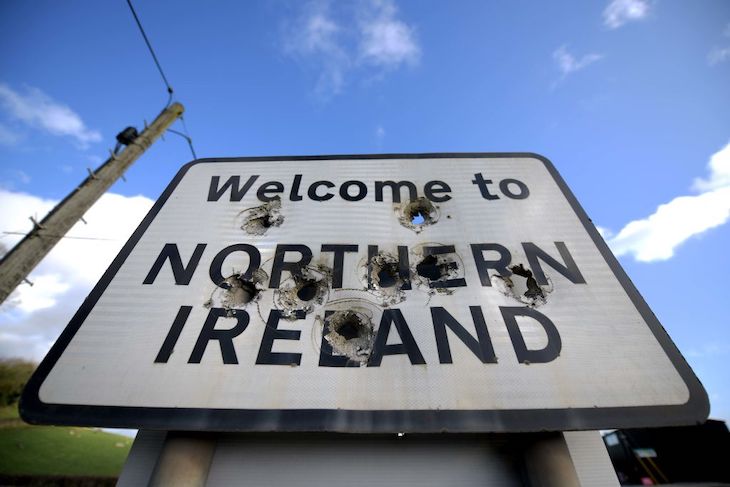Rishi Sunak, with almost daily input from Sir Jeffrey Donaldson, the Democratic Unionist Party leader, has just delivered a deal on the Windsor Framework that is notably pro-Unionist. He has managed to do so in the face of EU intransigence, an unhelpful White House, the ‘resistible rise’ of Sinn Fein in the Republic of Ireland, hard-line Loyalist rejectionism, and purist Brexiteer scepticism.
Already a subscriber? Log in
Subscribe for just $2 a week
Try a month of The Spectator Australia absolutely free and without commitment. Not only that but – if you choose to continue – you’ll pay just $2 a week for your first year.
- Unlimited access to spectator.com.au and app
- The weekly edition on the Spectator Australia app
- Spectator podcasts and newsletters
- Full access to spectator.co.uk
Or




















Comments
Don't miss out
Join the conversation with other Spectator Australia readers. Subscribe to leave a comment.
SUBSCRIBEAlready a subscriber? Log in